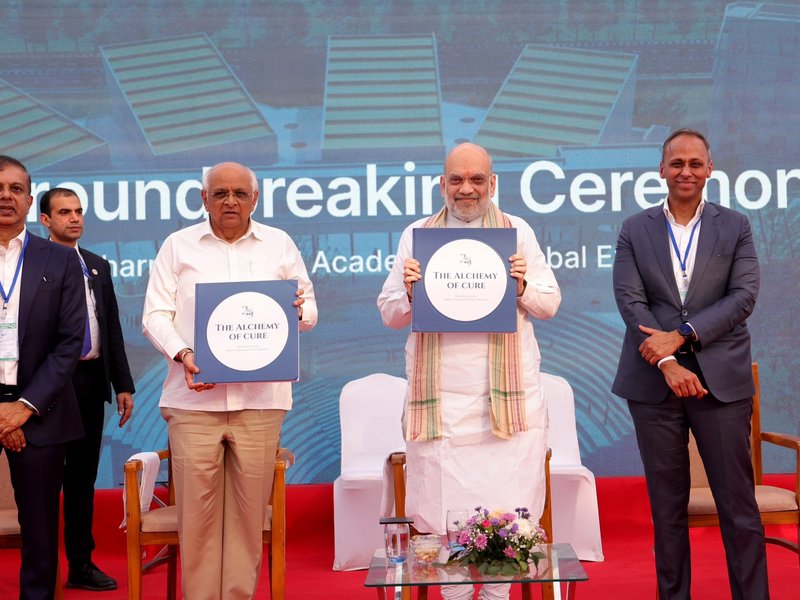New Delhi, April 17 (IANS) Hackers could exploit genomic data vulnerabilities using next-generation DNA sequencing (NGS) technology, warns a study on Thursday urging the need to secure it.
The powerful sequencing tool NGS is used for the development of tailor-made medicines, cancer diagnostics, infectious disease tracking, and gene research.
Researchers from the University of Portsmouth, UK, raised concerns over how the tool can be exploited for data breaches, privacy violations, and even future biothreats by hackers.
While the steps are essential for generating accurate results, they also open up multiple points of vulnerability. As many DNA datasets are openly accessible online, the study warns cybercriminals can misuse the information for surveillance, manipulation, or malicious experimentation, said the researchers in the study published in the journal IEEE Access.
"Our work is a wake-up call. Protecting genomic data isn't just about encryption -- it's about anticipating attacks that don't yet exist. We need a paradigm shift in how we secure the future of precision medicine," said Dr. Nasreen Anjum from the University of Portsmouth's School of Computing.
The research team identified new and emerging methods that hackers and those with malicious intent could use to exploit or attack systems, such as synthetic DNA-encoded malware, AI-driven manipulation of genome data, and identity tracing through re-identification techniques.
These threats go beyond typical data breaches, posing risks to individual privacy, scientific integrity, and national security.
"Despite its importance, cyber-biosecurity remains one of the most neglected and poorly understood research disciplines and is leaving a critical gap in global biosecurity. To make sure our DNA information stays safe and is used only for good, we're urging more research and collaboration to find ways to keep this powerful technology secure,” Anjum said.
The experts called on “governments, regulatory bodies, funding agencies, and academic institutions” to prioritise this field "before it's too late”.
The team also shared recommendations and practical solutions, including secure sequencing protocols, encrypted storage, and AI-powered anomaly detection, creating a foundation for much stronger cyber-biosecurity.
--IANS
rvt/












